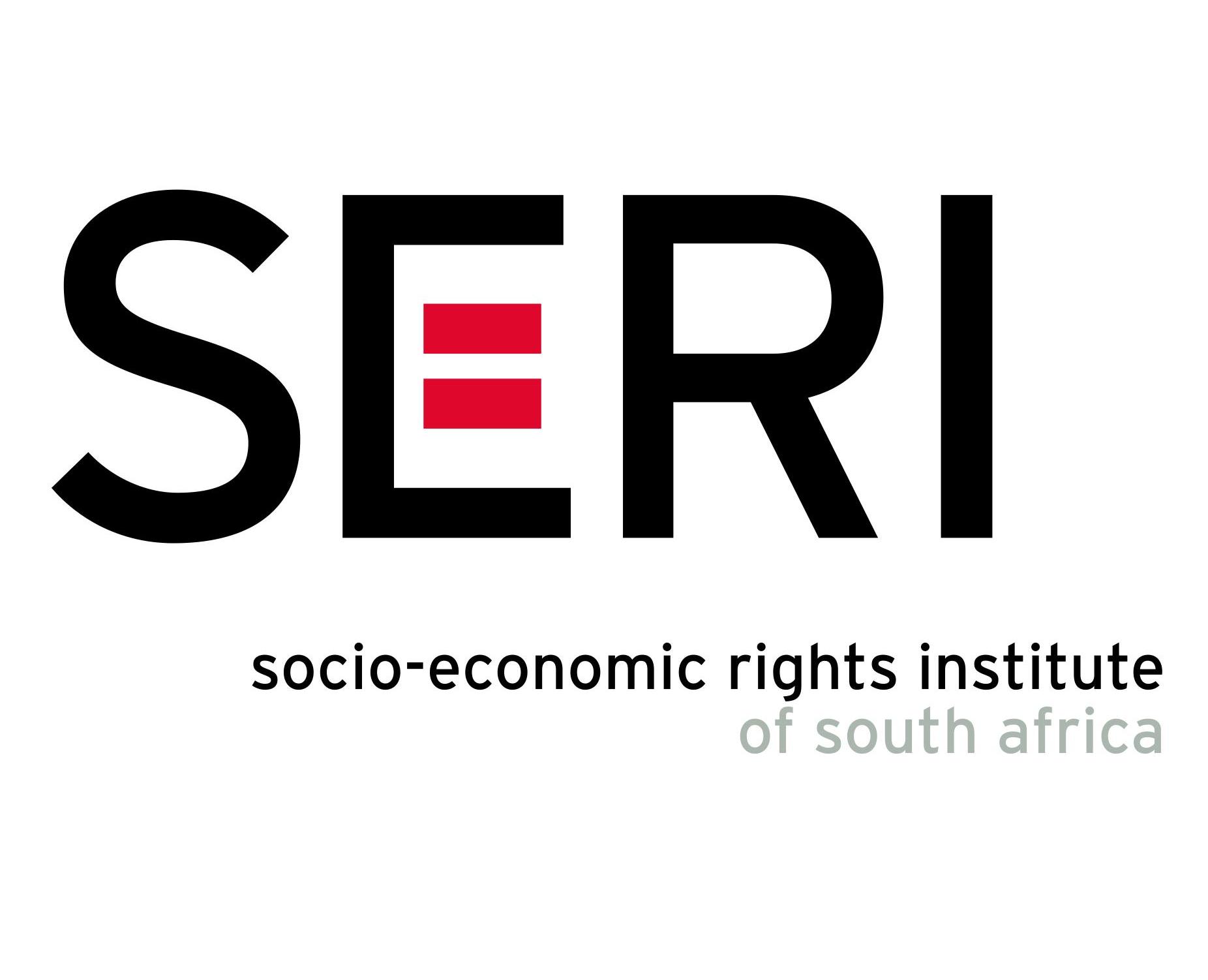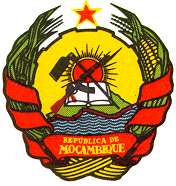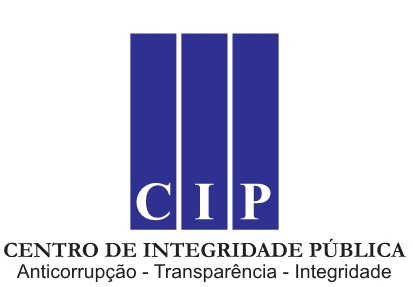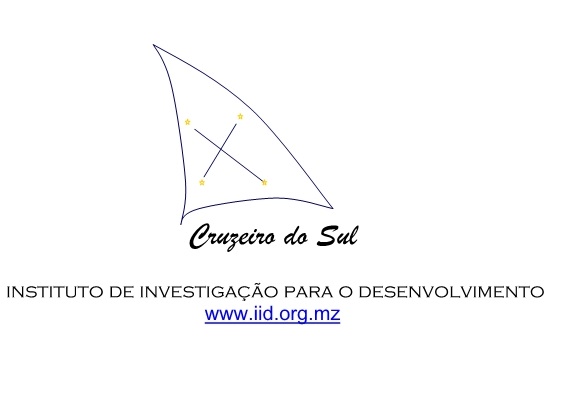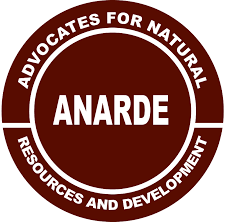Socio-Economic Rights Institute of South Africa
SERI is a public interest legal services organisation that provides pro-bono assistance to communities through research, advocacy and litigation across three main themes: ‘Securing a Home’, ‘Making a Living’ and ‘Expanding Political Space’.

